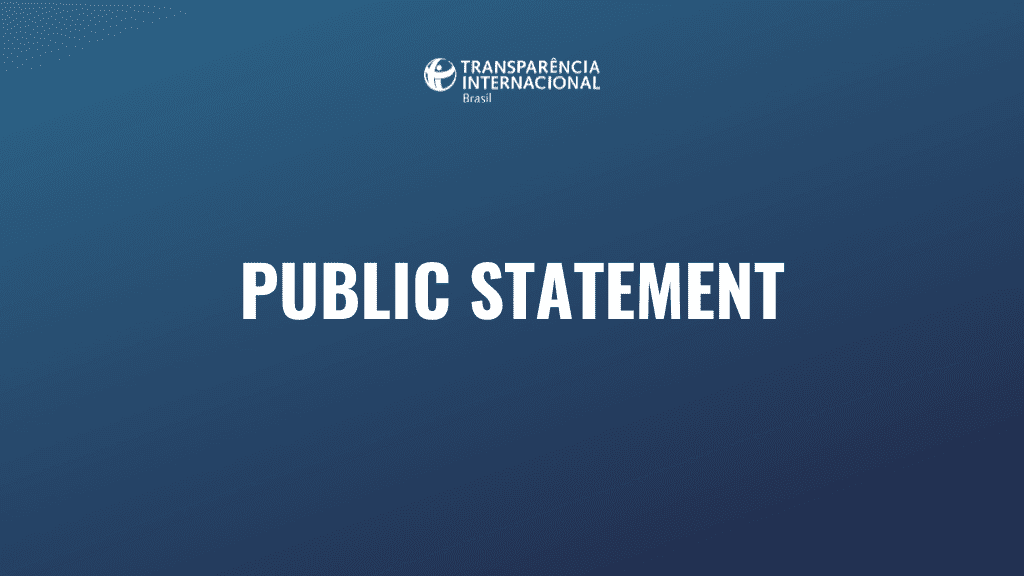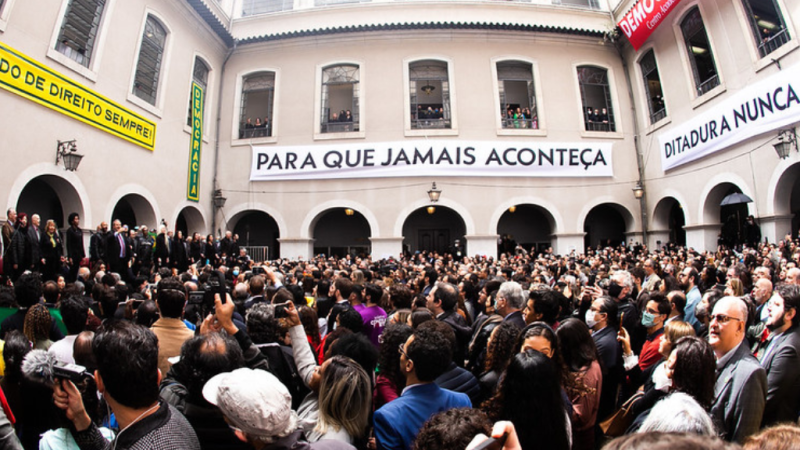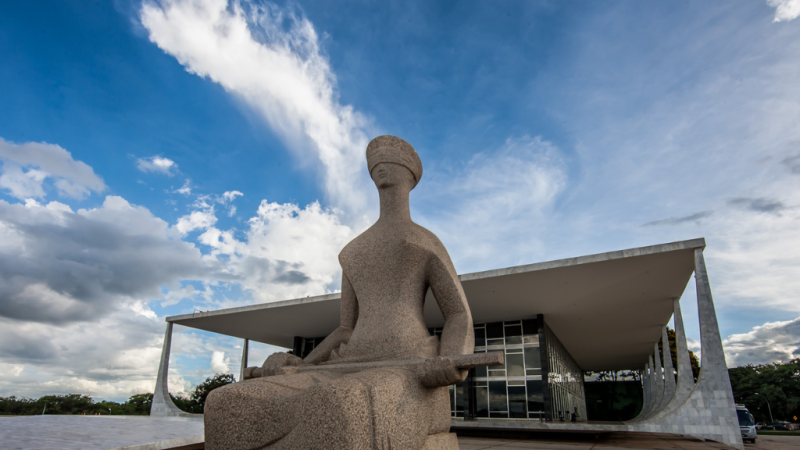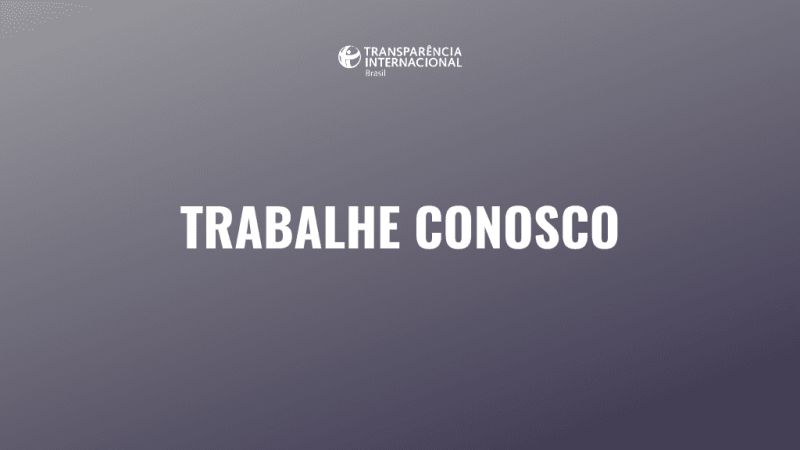Brazilian Supreme Court (STF) is fulfilling its role by holding former president Jair Bolsonaro and other conspirators accountable for attacking the Constitution and the Democratic Rule of Law in Brazil. By acting with courage and dignity in the face of the gravity of the crimes committed, the response of Brazilian institutions in this case contrasts with the historical omissions of Brazil and other democracies when faced with authoritarian threats. Defending the Constitution requires firmness and consistency.
Despite differences among the justices, the body of evidence supporting the main accusations is robust, and there has been no violation of fundamental rights that would justify any discussion of amnesty or pardon for the core conspirators.
The coup conspiracy was the culmination of a process of dismantling the checks and balances of Brazilian democracy, which Transparency International Brazil consistently denounced1 during the Bolsonaro administration:
- The neutralization of legal oversight, through the appointment of a subservient Prosecutor General;
- The corruption of political oversight, through the institutionalized bribery of Congress via the “secret budget” scheme;
- The erosion of social oversight, with the closure of participatory spaces, abusive secrecy, and attacks on the press and civil society.
The STF’s defense of democracy does not end with holding the conspirators accountable. It also requires, even more essentially, a commitment to restoring constitutional normality — an indispensable condition for strengthening checks and balances, public trust in institutions, and democratic stability. This commitment must be reflected both in the Court’s external actions and in its internal conduct, guided by self-restraint, integrity, and institutional responsibility.
This institutional self-restraint must already be reflected in the accountability processes for those involved in the invasion of the Three Powers Plaza on January 8, 2023, ensuring the fundamental rights of all involved, under penalty of legitimizing the misguided and dangerous path of amnesty. For this reason, Transparency International Brazil reiterates its criticism of the trials that have sentenced hundreds of these participants — who were not involved in the planning or financing of the anti-democratic actions — to long prison terms. In these cases, there are clear and serious procedural flaws, as pointed out by the Federal Public Defender’s Office: generic charges, lack of individualized conduct, improper jurisdiction, and disproportionate sentences.
Promoting institutional integrity also requires a much firmer and more consistent stance against corruption, in contrast to recent STF decisions that have promoted widespread impunity in major corruption cases. Added to this are ethical lapses by justices, incompatible with increasingly frequent and normalized conflicts of interest, including improper relationships with political actors and, above all, with private sector lobbying by companies and law firms.
In the upcoming electoral cycle, a potential new political composition in the National Congress and the Presidency of the Republic could not only promote impunity for the coup plotters through pardons and amnesties but also retaliate against the STF with proposals for institutional reforms that, instead of correcting distortions, threaten the essential independence of the Judiciary — as seen in several countries experiencing democratic backsliding.
Constitutional self-restraint by the STF and the promotion of integrity will be the main factors in strengthening the credibility of the Court and the justice system before society. Authoritarian attacks will not cease with the trial of the coup plotters — on the contrary, they are likely to intensify, both domestically and internationally. Therefore, the STF will need its utmost legitimacy to preserve its reserve of authority.
The conclusion of the accountability cycle for anti-democratic acts and the beginning of Minister Edson Fachin’s presidency represent a historic opportunity for this effort of institutional restoration and legitimacy.




